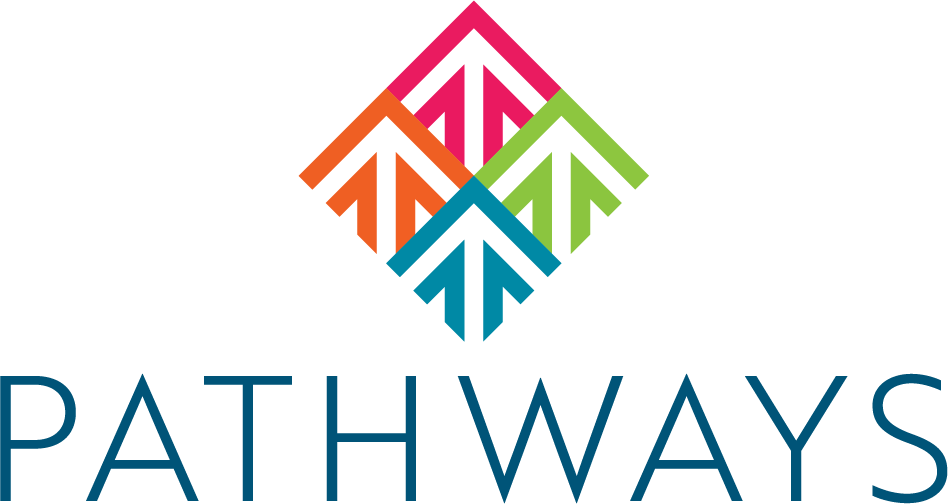Plan
Lay the groundwork for lasting, sustainable change by engaging stakeholders and connecting today’s actions to long-term student success.
Foundations for a Strong Start + Sustainable Success
Planning is the cornerstone of the successful implementation of Guided Pathways. It ensures that every step taken aligns with both short-term actions and long-term goals, fostering a coherent and supportive learning environment. Effective planning not only maps out the route to success but also anticipates challenges and mitigates potential obstacles, ensuring sustainability and adaptability in changing educational landscapes.
Exploring “Plan” Sub Sections
Essential Conditions
Preparation / Awareness
Sustainability
Key Resources
Internal Stakeholder Engagement Workshop Toolkit
The Internal Stakeholder Engagement Workshop Toolkit, developed by the Completion by Design team for managing partner directors, cadre team leads, co-leads, and senior partners, offers practical strategies for engaging internal stakeholders—faculty, staff, and administrators—during the final planning quarter, ensuring informed pathway design and strategic planning.
Internal Stakeholder Engagement Workshop Toolkit
Internal Stakeholder Engagement Workshop ToolkitPathways Engagement 101: A Handbook
Pathway Engagement 101: A Handbook is a guide created by change leaders for institutional leaders and college stakeholders committed to student success. Drawing on a decade of insights, it offers principles, practices, and planning tools to engage faculty, staff, and administrators in implementing Guided Pathways.
Pathways Engagement 101: A Handbook
Pathways Engagement 101: A HandbookMultiple Measures Placement Using Data Analytics
Multiple Measures Placement Using Data Analytics: An Implementation and Early Impacts Report is a resource developed by educational data analytics experts for institutional leaders and placement officers to improve student placement decisions, detailing outcomes and best practices that guide institutions in adopting a multi-measure approach.
Multiple Measures Placement Using Data Analytics
Multiple Measures Placement Using Data AnalyticsThe Movement Toward Pathways
The Movement Toward Pathways is a comprehensive report created by Pathways Resources for college leaders, policymakers, and practitioners to support the implementation of Guided Pathways. It offers research-based insights, best practices, and actionable strategies to drive systemic transformation and improve student success in higher education.
The Movement Toward PathwaysWhat Is the Pathways Model?
Pathways Model Description is a guide developed by Pathways Resources for community college leaders and practitioners aiming to improve student outcomes through Guided Pathways. It details the model’s core elements and offers practical insights and strategies for successful implementation in higher education.
What Is the Pathways Model?North Carolina Multiple Measures Implementation and Outcomes Study
North Carolina Multiple Measures Implementation and Outcomes Study, by Sue Clery, Bill Munn, and Melissa Howard, is a report for college leaders. It evaluates a multi-year study of six North Carolina colleges using high school GPA and additional measures to inform student support and placement strategies.
North Carolina Multiple Measures Implementation and Outcomes Study
North Carolina Multiple Measures Implementation and Outcomes StudyMoving beyond the Placement Test: Multiple Measures Assessment
Developed by the Community College Research Center, this presentation is designed for institutional leaders and policymakers seeking to improve student placement practices. It outlines the rationale for employing multiple measures in assessment and placement while offering design options to promote evidence-based decision-making.
Moving beyond the Placement Test: Multiple Measures Assessment
Moving beyond the Placement Test: Multiple Measures AssessmentMoving from Single to Multiple Measures for College Course Placement
This brief from the Education Commission of the States is designed for policymakers and institutional leaders. It overviews states and systems adopting multiple measures for course placement, guiding evidence-based decision-making to improve student outcomes.
Moving from Single to Multiple Measures for College Course Placement
Moving from Single to Multiple Measures for College Course PlacementExpectations Meet Reality: The Underprepared Student and Community Colleges
This report and toolkit designed for community college leaders and policymakers, examines the gap between student expectations and outcomes for underprepared students, providing critical insights to inform targeted support strategies.
Expectations Meet Reality: The Underprepared Student and Community Colleges
Expectations Meet Reality: The Underprepared Student and Community CollegesDevelopment and Implementation of Multiple Measures for College Placement across States and Systems
This report for policymakers and educational leaders refines student placement strategies. It examines three states’ approaches, offering insights to guide best practices in applying multiple measures.
Development and Implementation of Multiple Measures for College Placement across States and Systems
Development and Implementation of Multiple Measures for College Placement across States and SystemsStudent Voices
Student Voice #1
In this video, a student highlights how hands-on learning experiences, like visiting an at-home daycare, allow general-studies transfer students to explore and evaluate diverse academic interests in real-world settings.
Student Voice #1 Student Voice #1Student Voice #2
In this video, a student highlights how personalized assessments guide incoming students to align their initial assumptions with their true strengths, ultimately steering them toward academic and career paths that genuinely satisfy their aspirations.
Student Voice #2 Student Voice #2Student Voice #3
In this video, a student highlights the impact of academic coaching and self-reflection exercises in helping students articulate both short- and long-term goals, enabling them to choose academic programs that align with their evolving career ambitions.
Student Voice #3 Student Voice #3


